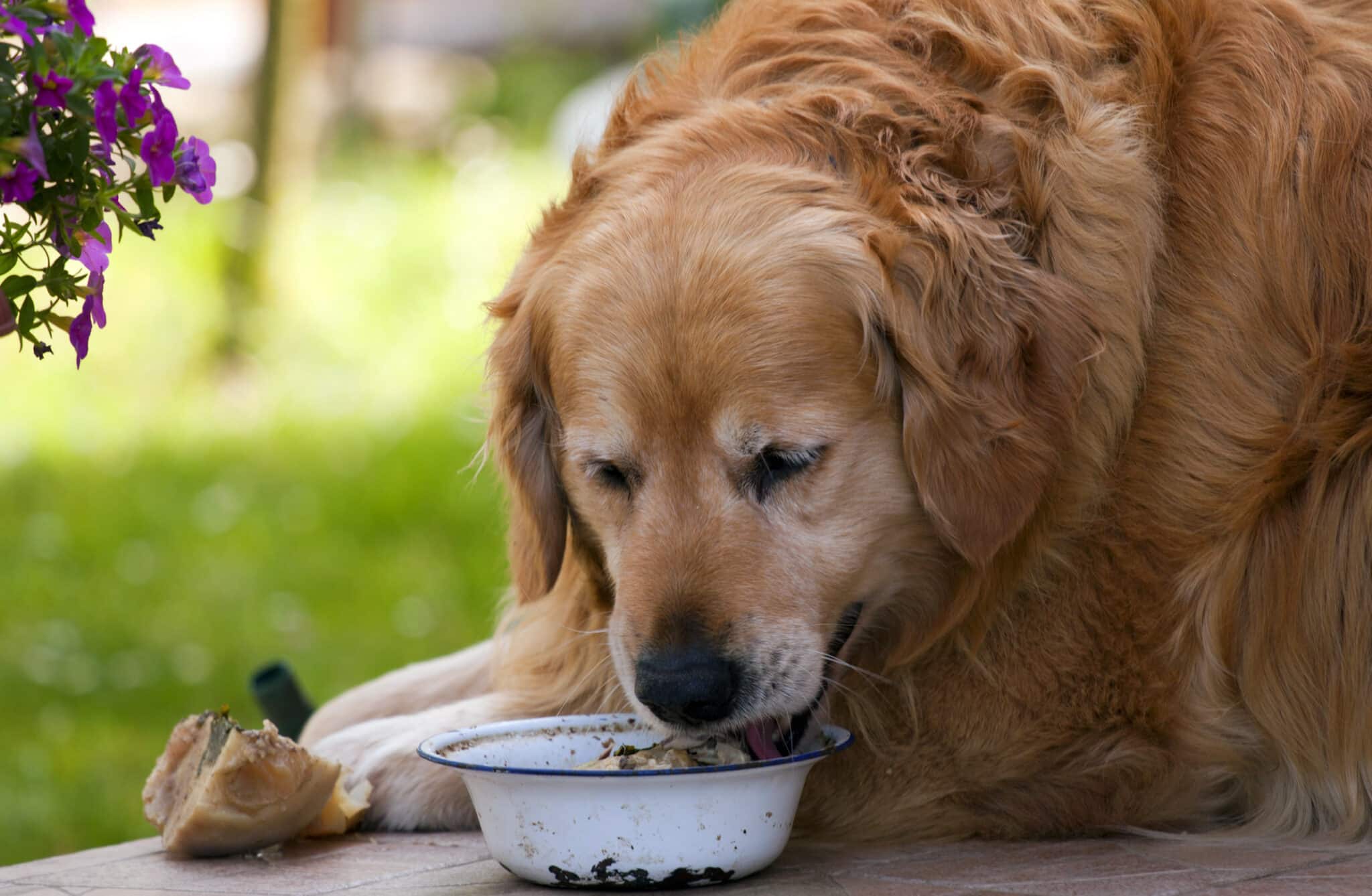 Shutterstock
Shutterstock
Obesity is a growing concern among dogs, much like it is for humans. While many dogs maintain a healthy weight with proper diet and exercise, some breeds are more prone to pack on the pounds due to their genetics or lifestyle habits. For some dogs, that extra layer of fluff might make them look even cuter, but carrying too much weight can lead to serious health issues, including joint problems, heart disease, and diabetes. These breeds need to be extra mindful of their dogs’ weight, exercise routines, and feeding habits.
Labrador Retriever
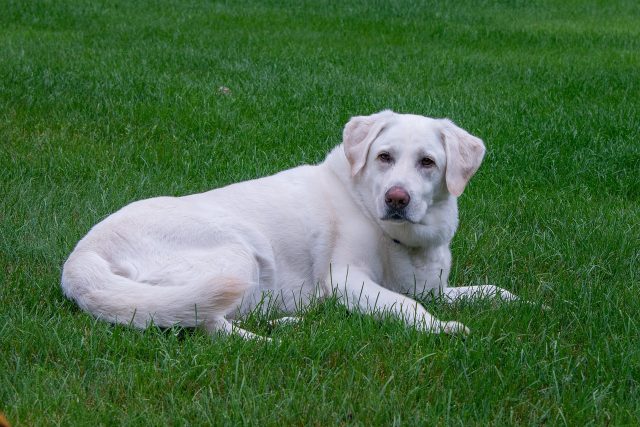 Shutterstock
Shutterstock
Labrador Retrievers are one of the most popular breeds worldwide, known for their friendly and affectionate nature. However, they are also notorious for their tendency to become overweight. Labs have a genetic predisposition to obesity, and they love to eat—often more than they should. Their strong food drive, combined with a slower metabolism in older age, makes them highly susceptible to weight gain. Regular exercise and portion control are key for keeping Labradors healthy. Still, their lovable, pleading eyes make it hard for owners to say no to extra treats, leading to unintended weight gain.
Beagle
 Shutterstock
Shutterstock
Beagles are small but mighty when it comes to food. Their love for sniffing out food is well-known, and this food-driven behavior can easily lead to overeating. Beagles are prone to obesity because they tend to eat everything in sight if given the chance. They are also not the most active breed by nature, especially as they get older, making it easier for them to gain weight. Owners need to be cautious about portion sizes and encourage regular exercise, as Beagles can easily balloon if left unchecked.
Bulldog
 Shutterstock
Shutterstock
Bulldogs are lovable, stocky dogs, but their build makes them prone to weight issues. Bulldogs are naturally muscular and broad, but their sedentary lifestyle and short legs make it easy for them to become overweight. Their flat faces, characteristic of brachycephalic breeds, can also cause breathing problems, making exercise more difficult for them. This lack of physical activity can lead to obesity if their food intake isn’t carefully managed. Bulldogs require careful diet monitoring and controlled exercise routines to keep them at a healthy weight and prevent joint and respiratory issues.
Pug
 Shutterstock
Shutterstock
Pugs are small dogs with big appetites, and their compact size makes it easy for them to gain weight quickly. Their brachycephalic nature also contributes to breathing difficulties, which can discourage physical activity. Pugs love lounging around and snacking, so it’s easy for them to pack on extra pounds. This combination of overeating and limited activity puts them at risk for obesity, which can lead to breathing issues, joint pain, and even diabetes. Pug owners need to be diligent about portion control and encourage their pets to stay active to keep them healthy.
Basset Hound
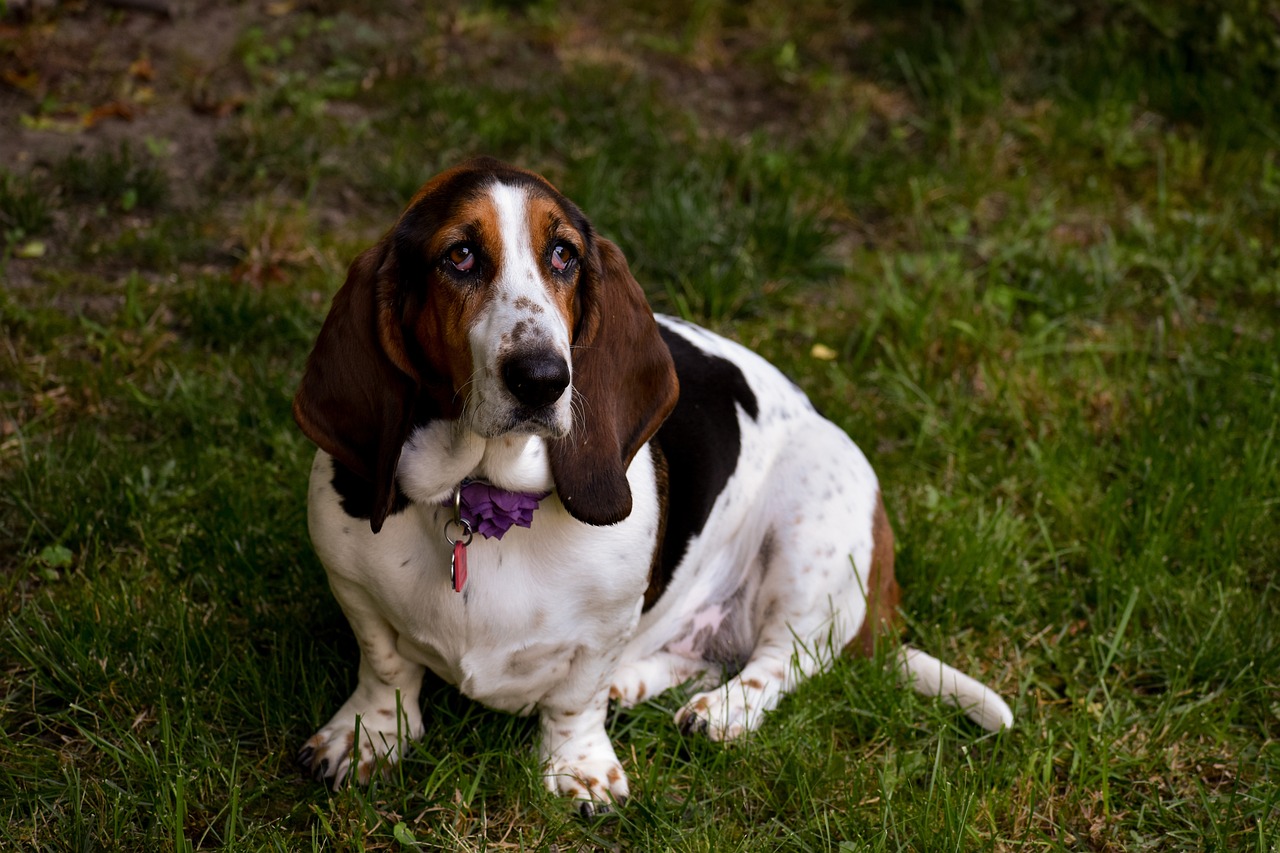 Shutterstock
Shutterstock
Basset Hounds are known for their droopy faces and long bodies, but they are also prone to becoming overweight. Their low energy levels and love for lounging make it easy for them to gain weight, especially if they aren’t given enough exercise. Bassets are natural couch potatoes, and their slow metabolism doesn’t help matters. Their long backs also put them at risk for spinal issues, which can worsen if they’re carrying extra weight. Regular walks and a balanced diet are essential for keeping Basset Hounds at a healthy weight and preventing obesity-related health problems.
Cocker Spaniel
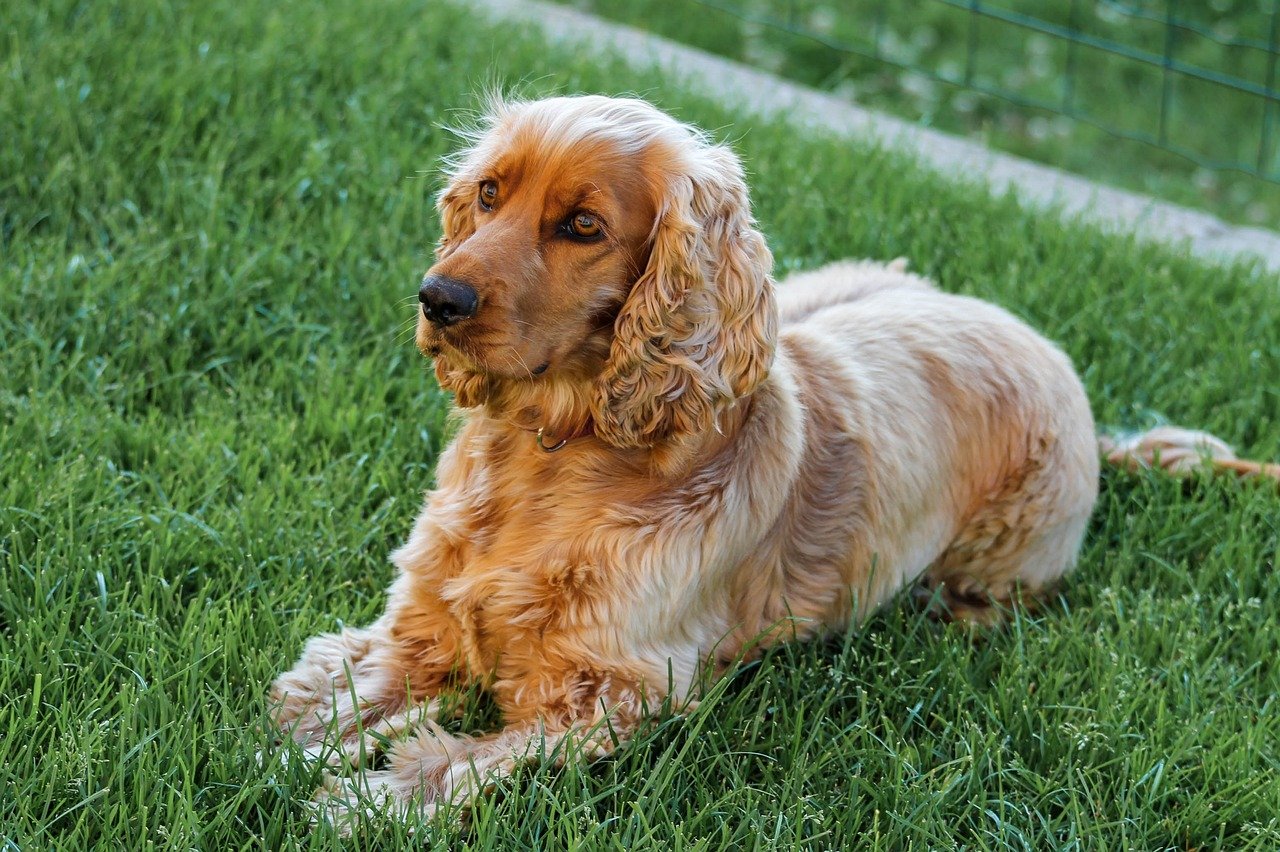 Shutterstock
Shutterstock
Cocker Spaniels are affectionate, energetic dogs, but they can easily become overweight if not properly managed. Their playful nature often slows down as they age, leading to weight gain, especially if their diet isn’t adjusted. Cocker Spaniels have a natural tendency to overeat, and combined with a slower metabolism, this makes them prone to obesity. Their luxurious coats may hide the extra pounds, but the health risks associated with being overweight, such as joint issues and heart disease, are very real. Regular exercise and portion control are crucial to keeping them fit and healthy.
Rottweiler
 Shutterstock
Shutterstock
Rottweilers are large, muscular dogs, and while their size is part of their appeal, it also makes them prone to obesity. Rottweilers can be less active as they age, and if their diet isn’t adjusted accordingly, they can quickly gain weight. Their strong appetites and slower metabolism in older age make it easy for them to put on extra pounds, which can lead to joint problems, heart disease, and other obesity-related health issues. Rottweilers benefit from regular, controlled exercise and a carefully monitored diet to prevent them from becoming overweight.
Dachshund
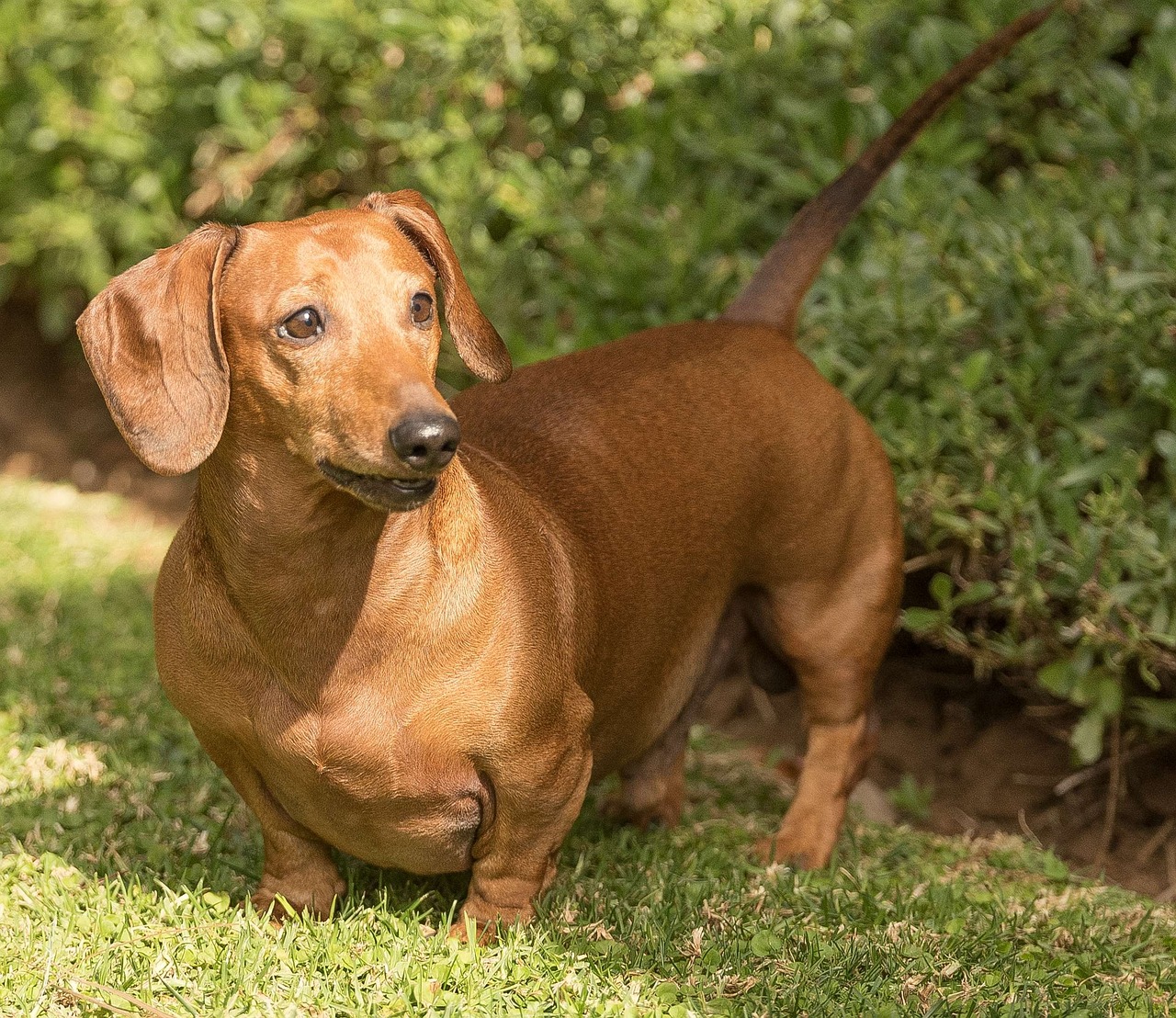 Shutterstock
Shutterstock
Dachshunds are small dogs with long bodies, making them especially susceptible to weight-related issues. Their love for food and tendency to be less active, especially indoors, puts them at risk for obesity. Dachshunds also face a higher risk of intervertebral disc disease (IVDD), and carrying extra weight can exacerbate these spinal problems. To keep their long spines healthy, Dachshunds need to maintain a healthy weight. Regular exercise, portion control, and a low-calorie diet can help prevent obesity and reduce the risk of serious back problems.
Cavalier King Charles Spaniel
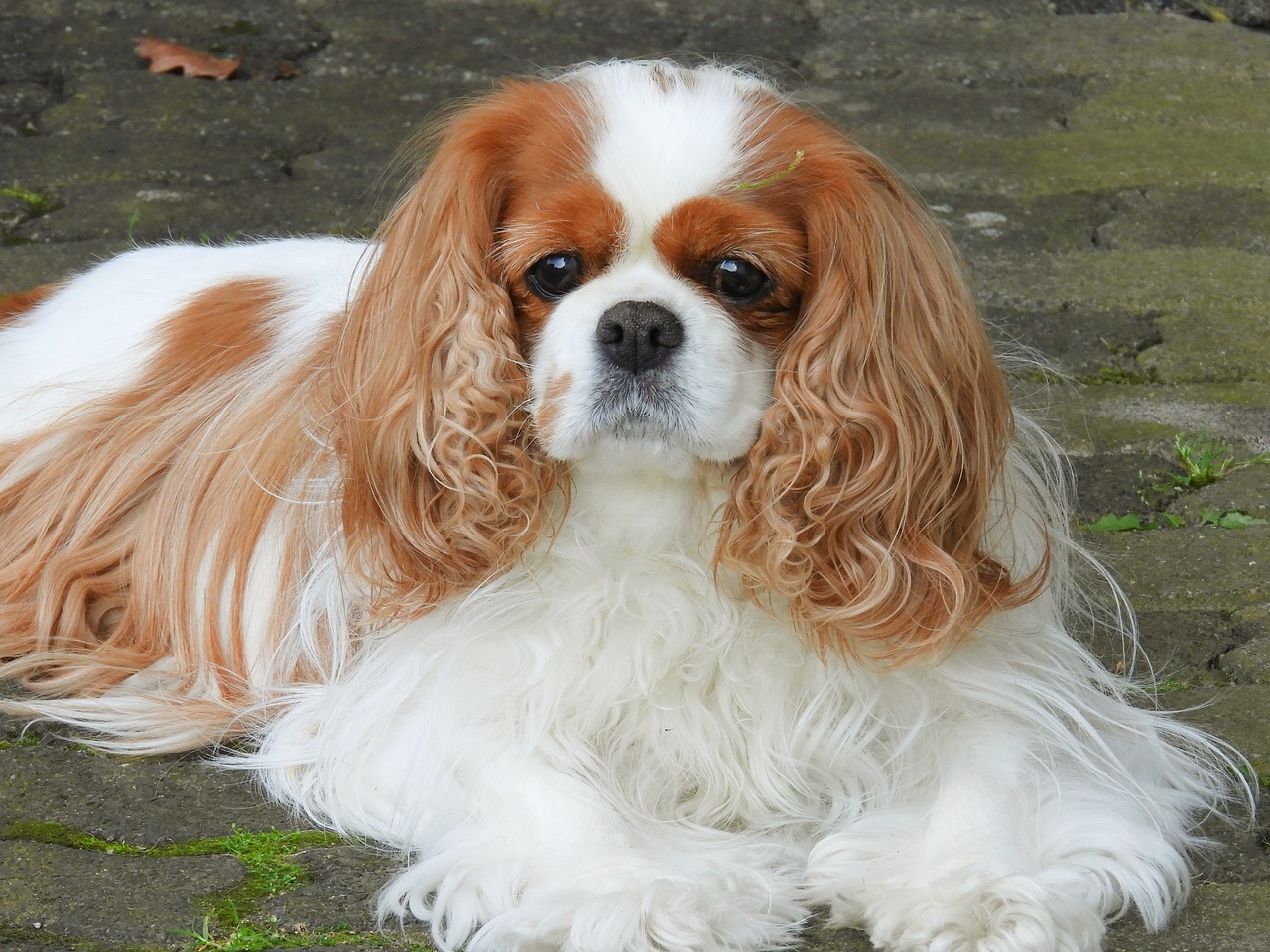 Shutterstock
Shutterstock
Cavalier King Charles Spaniels are known for their sweet, gentle nature, but they are also prone to weight gain. This breed’s calm demeanor and love for cuddling can often lead to a more sedentary lifestyle, especially if they’re not encouraged to exercise regularly. Cavaliers tend to overeat, and without enough physical activity, they can easily become overweight. Obesity in Cavaliers can lead to heart issues, which this breed is already genetically predisposed to, as well as joint problems. A healthy diet and daily exercise are essential for keeping these lovable dogs at an ideal weight.
Golden Retriever
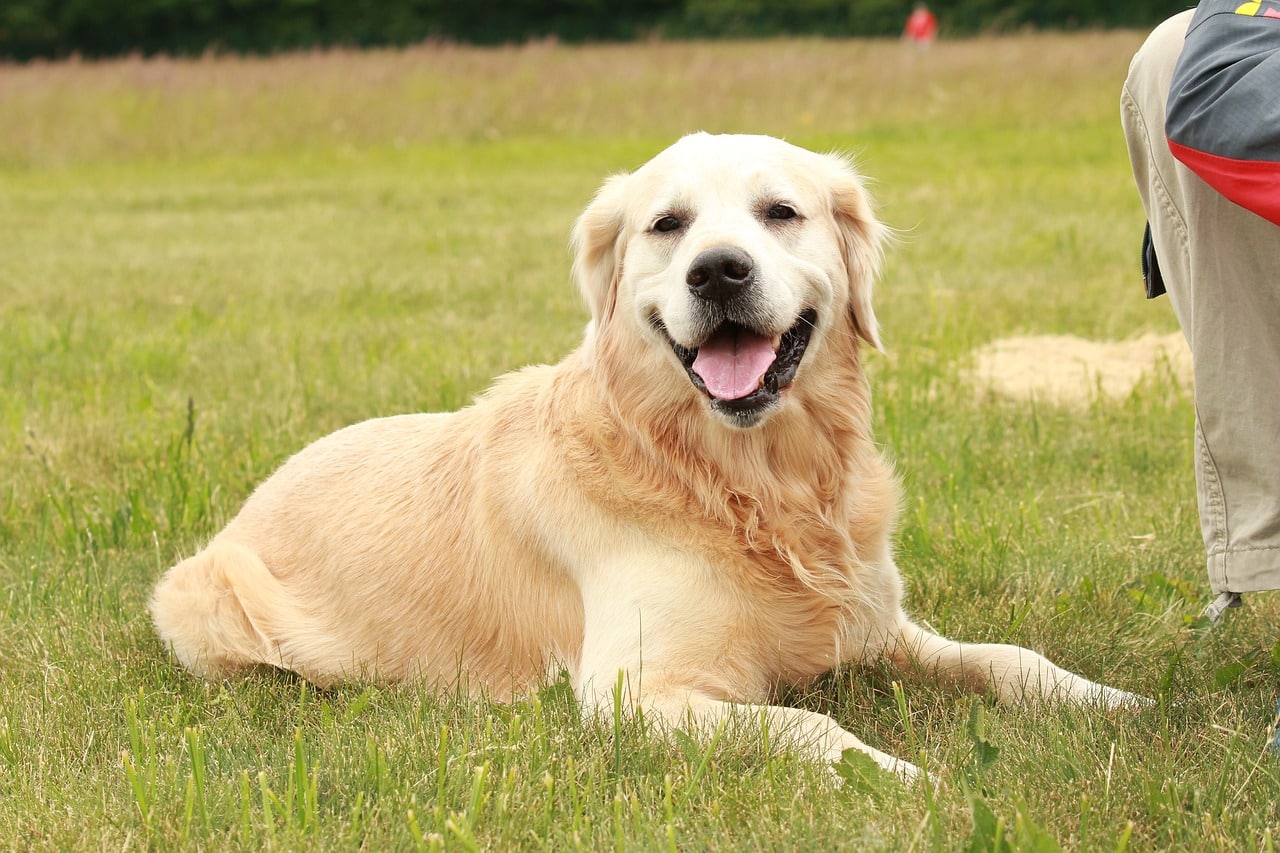 Shutterstock
Shutterstock
Golden Retrievers are beloved for their friendly personalities and loyal companionship, but they’re also prone to weight gain. Golden Retrievers love food, and their enthusiastic eating habits can quickly lead to obesity if not monitored. As they age, Golden Retrievers become less active, and without regular exercise, they can easily pack extra pounds. Obesity in Golden Retrievers can lead to joint problems, heart disease, and other serious health issues, so owners must maintain a strict feeding schedule and ensure their dogs get enough exercise.
Boxer
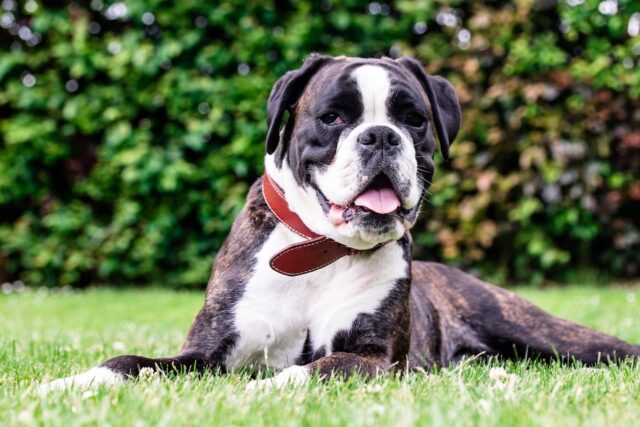 Shutterstock
Shutterstock
Boxers are energetic and playful dogs, but their strong appetites and muscular build make them prone to weight gain, especially in older age when their activity levels decline. Boxers can quickly become overweight if their diet isn’t carefully monitored, and carrying extra weight can lead to joint issues, heart disease, and other obesity-related health problems. Despite their natural athleticism, Boxers need regular exercise and a balanced diet to maintain a healthy weight and avoid the health risks associated with obesity.
The “Chub Club” Is Cute Until It Isn’t
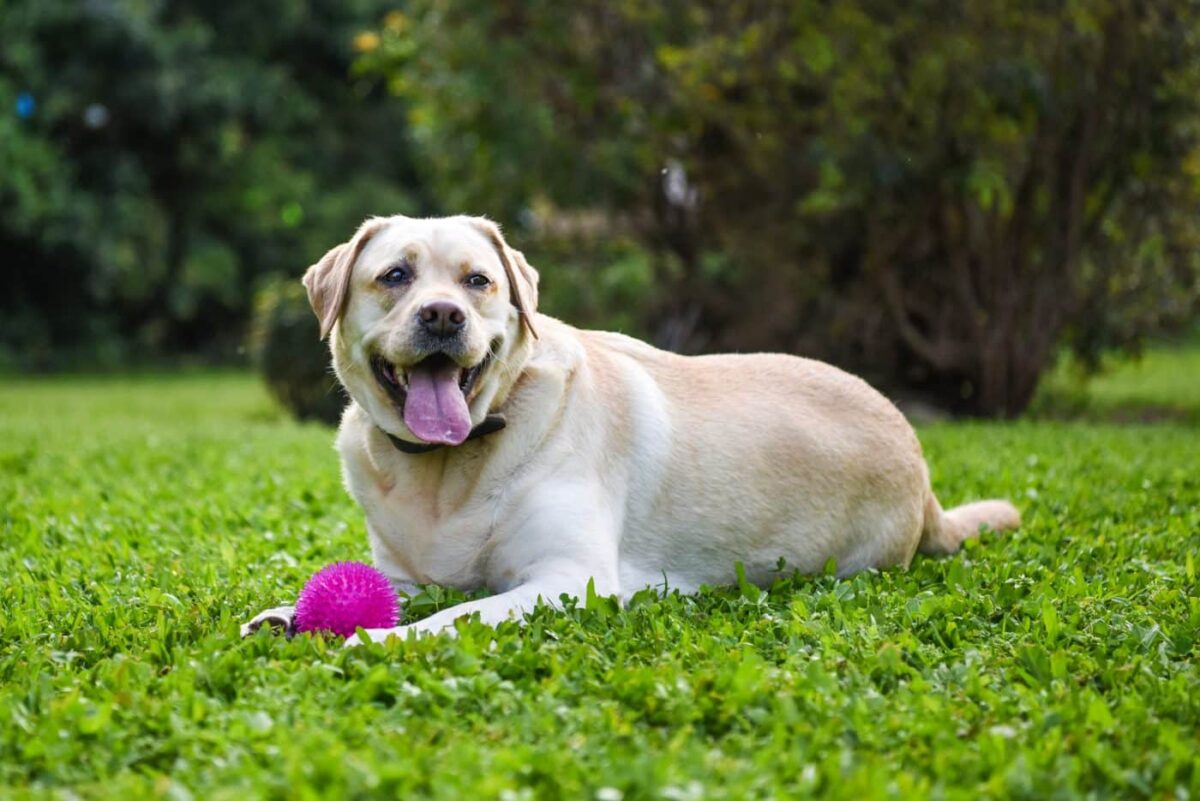 Shutterstock
Shutterstock
Ever notice that your dog’s wagging tail is moving just a little slower than usual or that their belly is starting to wiggle more than it should? It might seem adorable at first, but once your dog joins the “chub club,” it’s time to get serious about their health. Extra rolls might make them look irresistibly cute, but obesity in dogs is no joke. The good news? Your dog will never complain about a healthier diet, and they’ll love the extra playtime and walks. Keep those tails wagging—not dragging!
 Toledo, United States.
Toledo, United States.